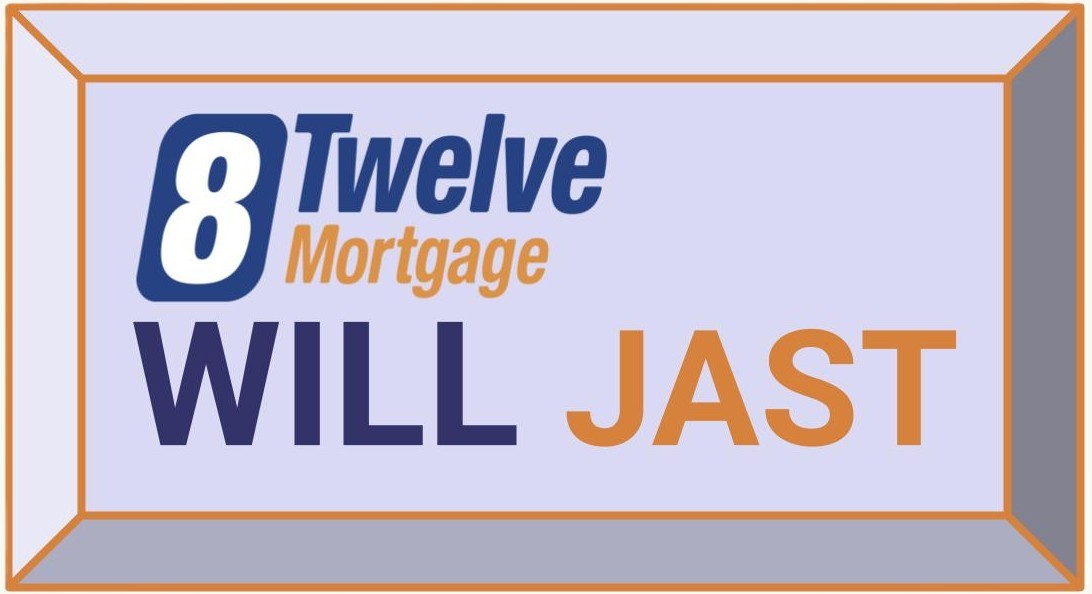Mortgage Insights:
Understanding the Fundamentals of Home Loans

Navigating the world of mortgages can feel overwhelming, especially for first-time homebuyers.
In this section, I’ll break down the essential components of mortgages—from the different types available to the key terms you need to know.
My aim is to equip you with the knowledge to make confident decisions on your journey toward homeownership.

What Are Mortgages?
Understanding the Basics of Canadian Mortgages
Definition and Purpose
- A mortgage is a loan provided by a lender, such as a bank, credit union, or mortgage company, to finance the purchase of real estate, usually a home.
- The property serves as collateral, meaning the lender has a legal claim to the property until the loan is fully repaid.
Key Features of Canadian Mortgages
- Loan Terms and Interest Rates:
- Fixed Rate:
The interest rate remains constant for the term of the loan. - Variable Rate:
The interest rate fluctuates based on market conditions. - Borrowers can choose the option that best fits their financial preferences.
- Fixed Rate:
- Amortization Period:
- The repayment period typically ranges from 15 to 30 years.
- Longer periods reduce monthly payments but increase total interest paid.
- Repayment Obligations:
- Monthly payments consist of principal (loan amount) and interest.
- Additional fees, such as property taxes or mortgage insurance, may also apply.
Importance of Understanding Mortgages
- Informed Decisions:
Knowing how mortgages work helps borrowers choose terms and interest rates that suit their financial situation. - Cost Management:
Understanding repayment obligations and interest impact ensures better management of monthly payments and overall loan costs. - Financial Planning:
Helps prospective homebuyers plan for the long-term costs of homeownership, including interest and fees.
Summary
- ✔ A mortgage is a loan that enables individuals to purchase real estate, with the property serving as collateral.
- ✔Canadian mortgages offer fixed or variable interest rates and amortization periods of 15 to 30 years.
- ✔ Understanding mortgages helps borrowers make informed decisions, manage costs, and plan effectively for homeownership.
Learn more about how mortgages work

Glossary of Mortgage Terms
Your Guide to Essential Mortgage Terms
Understanding mortgage terminology is key to navigating the home-buying process with confidence.
Below is a glossary of common mortgage terms used in Canada to help you make informed decisions.
Common Mortgage Terms
- Amortization Period:
- The total time it takes to fully repay your mortgage, typically 15 to 30 years.
- Fixed-Rate Mortgage:
- A mortgage with an interest rate that remains constant for the entire term.
- Variable-Rate Mortgage:
- A mortgage with an interest rate that fluctuates based on market conditions.
- Term:
- The length of time your mortgage agreement is in effect, often ranging from 1 to 5 years.
- Down Payment:
- The initial payment made when purchasing a home, usually a percentage of the property price.
- Loan-to-Value Ratio (LTV):
- The percentage of the property value financed by the mortgage.
- Prepayment:
- An extra payment made toward your mortgage principal, helping to reduce the total interest paid.
- Mortgage Default Insurance:
- Insurance required when your down payment is less than 20% of the property’s value.
- Principal:
- The original loan amount borrowed from the lender.
- Interest:
The cost of borrowing money, expressed as a percentage of the loan.
Summary
- ✔ Understanding mortgage terms is essential for informed decision-making during the home-buying process.
- ✔ Key terms include amortization period, fixed-rate and variable-rate mortgages, down payment, and principal.
- ✔ A clear grasp of these concepts helps simplify the mortgage process and ensures you choose the best option for your needs.
Get clear on mortgage terms for a better home-buying experience

Comprehensive Mortgage Options
Exploring Mortgage Options to Fit Your Needs
Understanding the various mortgage options available in Canada is vital to selecting the right loan that matches your financial situation and homeownership goals.
Below is an overview of fixed-rate mortgages, their key features, benefits, pros, and cons.
a. Fixed-Rate Mortgages
- Definition:
A mortgage where the interest rate remains constant throughout the term of the loan.
Key Features
- Predictable Payments:
- Monthly payments remain the same, offering ease in budgeting.
- Stability:
- Protection from market interest rate fluctuations.
- Terms:
- Available in terms ranging from 1 to 10 years, with 5-year terms being the most common.
Benefits
- Consistency:
Provides financial predictability and stability. - Simplified Budgeting:
Fixed payments make it easier to manage monthly expenses. - Peace of Mind:
No surprises due to changing interest rates during the term.
Pros and Cons
Pros:
- Guaranteed interest rate for the term length.
- Easier to plan long-term finances.
Cons:
- Fixed rates may initially be higher than variable rates.
- Limited benefit if market rates decrease during the term.
Summary
- ✔ Fixed-rate mortgages are ideal for borrowers seeking consistent payments and stability in their financial planning.
- ✔ They offer protection from interest rate changes and are most popular with terms of 5 years.
- ✔ While they ensure predictability, borrowers might miss out on potential savings if market rates drop.
- ✔ Contact me to explore whether a fixed-rate mortgage is the right option for you and to compare other available mortgage solutions tailored to your needs!
Find out if a fixed-rate mortgage is right for you

Who Are the Lenders?
Getting to Know Mortgage Lenders
Types of Mortgage Lenders in Canada
- Banks:
- Major financial institutions offering a wide range of mortgage products.
- Credit Unions:
- Member-owned institutions providing personalized service and competitive rates.
- Trust Companies:
- Specialize in offering tailored mortgage solutions for unique financial needs.
- Private Lenders:
- Individuals or companies providing flexible mortgage options, often for borrowers with credit challenges or non-traditional income.
Working with a Mortgage Broker
- Access to Multiple Lenders:
Mortgage brokers have connections with a wide network of lenders, offering you more choices. - Rate Comparison:
Brokers can compare rates and terms across lenders to find the best deal for your specific needs. - Personalized Service:
A broker works with you to identify the most suitable mortgage options, saving you time and effort.
Summary
- ✔ Canadian mortgages are offered by banks, credit unions, trust companies, and private lenders.
- ✔ A mortgage broker can simplify the process by providing access to multiple lenders and securing the best rates and terms.
- ✔ Brokers offer personalized advice, helping you find the ideal mortgage solution for your financial situation.
Explore mortgage options from multiple lenders
